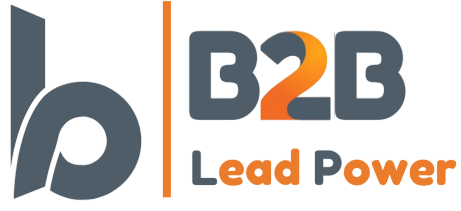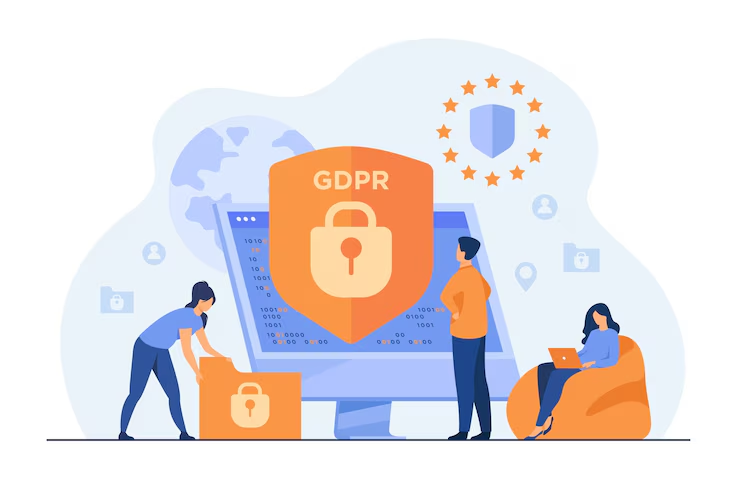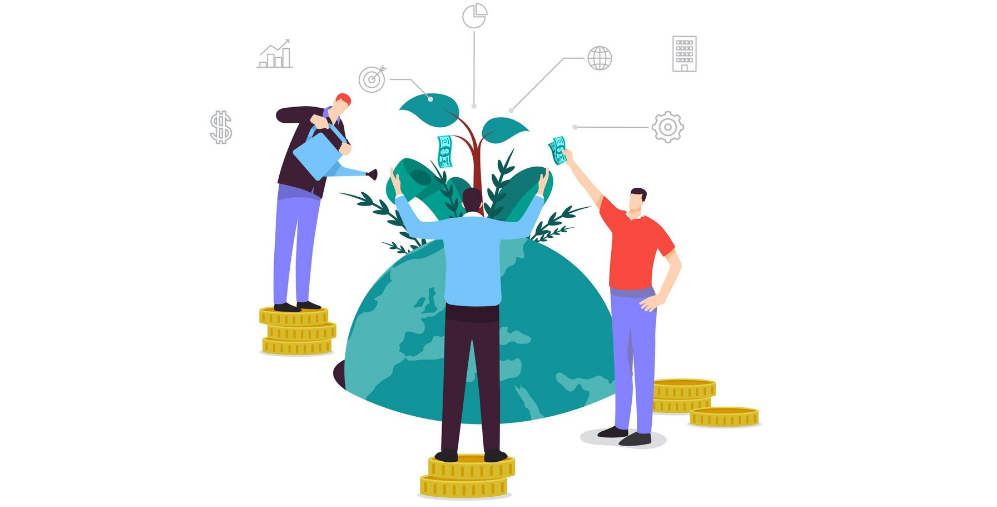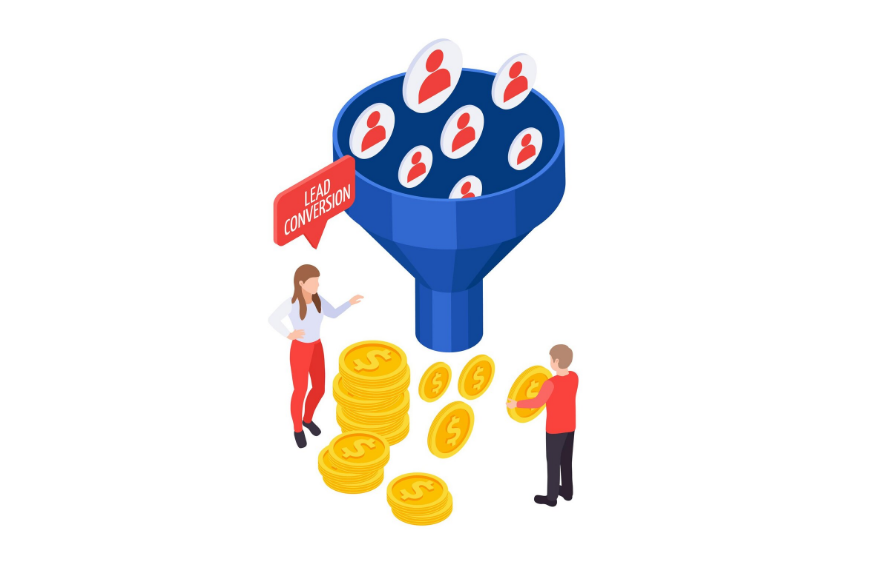Generating B2B leads is a challenge, but complying with privacy laws like GDPR and CCPA adds another layer of complexity. Many businesses worry that these regulations will slow down lead generation or increase costs. The truth is the opposite. When you understand and apply GDPR & CCPA compliance correctly, you can actually win more B2B leads in 2025 by building trust and improving your marketing strategies.
This guide will show you how to navigate GDPR & CCPA, avoid costly mistakes, and turn compliance into a competitive advantage.
What Are GDPR & CCPA?
GDPR stands for the General Data Protection Regulation. It is a privacy law that applies to companies processing personal data of individuals in the European Union. GDPR sets strict rules about how businesses collect, store, and use personal data.
CCPA is the California Consumer Privacy Act. It protects the personal information of California residents. While it only applies in California, many companies apply CCPA standards nationwide because of the state’s economic size and influence.
Both laws aim to give individuals more control over their personal information. Non-compliance can lead to heavy fines and damage to your brand reputation.
Why GDPR & CCPA Matter for B2B Lead Generation
Many marketers think GDPR & CCPA only affect B2C companies. However, B2B companies also handle personal data and must comply. Ignoring GDPR & CCPA risks penalties and lost business opportunities.
Here is why GDPR & CCPA matter for B2B lead generation:
- Trust Builds Leads: When prospects know you protect their data, they trust you more. Trust leads to more form submissions and qualified leads.
- Better Data Quality: Compliance forces you to collect data responsibly. This means your lead data is cleaner, more accurate, and more valuable for sales.
- Avoid Penalties: Heavy fines can drain budgets and stall marketing programs. Staying compliant avoids these risks.
- Improve Customer Experience: Transparency and respect for privacy improve how prospects view your brand.
Key GDPR & CCPA Requirements for B2B Marketers
To stay compliant while generating leads, here are key GDPR & CCPA rules you must follow:
1. Obtain Clear Consent
Before collecting personal data, get explicit consent. Consent must be freely given, specific, and easy to withdraw. Avoid pre-checked boxes or vague language.
2. Provide Transparency
Inform leads how you will use their data. Your privacy policy must clearly state data collection, usage, storage, and sharing practices.
3. Allow Data Access and Deletion
Leads have the right to access their personal data and request deletion. You must have processes in place to respond quickly to these requests.
4. Limit Data Collection
Collect only the data you need. Excess data collection increases risk and complicates compliance.
5. Secure Data Properly
Implement strong security measures to protect lead data from breaches or unauthorized access.

How to Use GDPR & CCPA to Win More B2B Leads
Complying with GDPR & CCPA is not just about avoiding fines. It can actively improve your lead generation if you apply these strategies:
Build Trust with Transparent Communication
Show your prospects that you respect their privacy. Use clear language in your forms and emails explaining how their data will be used. When leads feel secure, they are more likely to share accurate information and engage with your brand.
Use Consent as a Marketing Opportunity
Consent is a two-way street. Use it to build a relationship. For example, after a lead opts in, send a welcome email that outlines what they can expect from your communications. This strengthens engagement and reduces unsubscribes.
Segment Leads Based on Preferences
GDPR & CCPA encourage marketers to respect lead preferences. Use data to segment your audience for targeted campaigns. Tailored messaging increases conversion rates and lead quality.
Leverage Data Minimization for Quality Leads
Focus on collecting only critical data that helps your sales team qualify leads quickly. This makes your lead database more reliable and actionable.
Automate Compliance with Tools
Many marketing automation platforms offer built-in GDPR & CCPA compliance features. Use them to handle consent tracking, data access requests, and policy updates efficiently. Automation saves time and reduces errors.
Common GDPR & CCPA Mistakes to Avoid
Even experienced marketers can slip up. Watch out for these common mistakes that hurt your lead generation efforts:
- Using unclear or overly complicated consent forms.
- Ignoring data subject access requests or responding late.
- Collecting more data than needed “just in case.”
- Failing to update privacy policies regularly.
- Neglecting to train your team on compliance requirements.
What Happens If You Ignore GDPR & CCPA?
Ignoring GDPR & CCPA can lead to serious consequences for your business:
- Heavy fines that can reach millions of dollars.
- Damage to your company’s reputation and loss of customer trust.
- Suspension or limitation of your data processing activities.
- Increased scrutiny from regulators that disrupt marketing operations.
Compliance is essential for sustainable B2B lead generation in 2025 and beyond.
Final Thoughts
Winning more B2B leads in 2025 requires a strong focus on privacy and compliance. GDPR & CCPA are not barriers but opportunities to build trust, improve data quality, and deliver better customer experiences.
By understanding the requirements and applying them thoughtfully, you can stay compliant and grow your lead pipeline effectively. Remember to keep your communication transparent, collect data responsibly, and leverage automation tools to scale your efforts.
Start today. Make GDPR & CCPA compliance a core part of your B2B lead generation strategy. Your leads and your business will benefit.






Leave a Reply